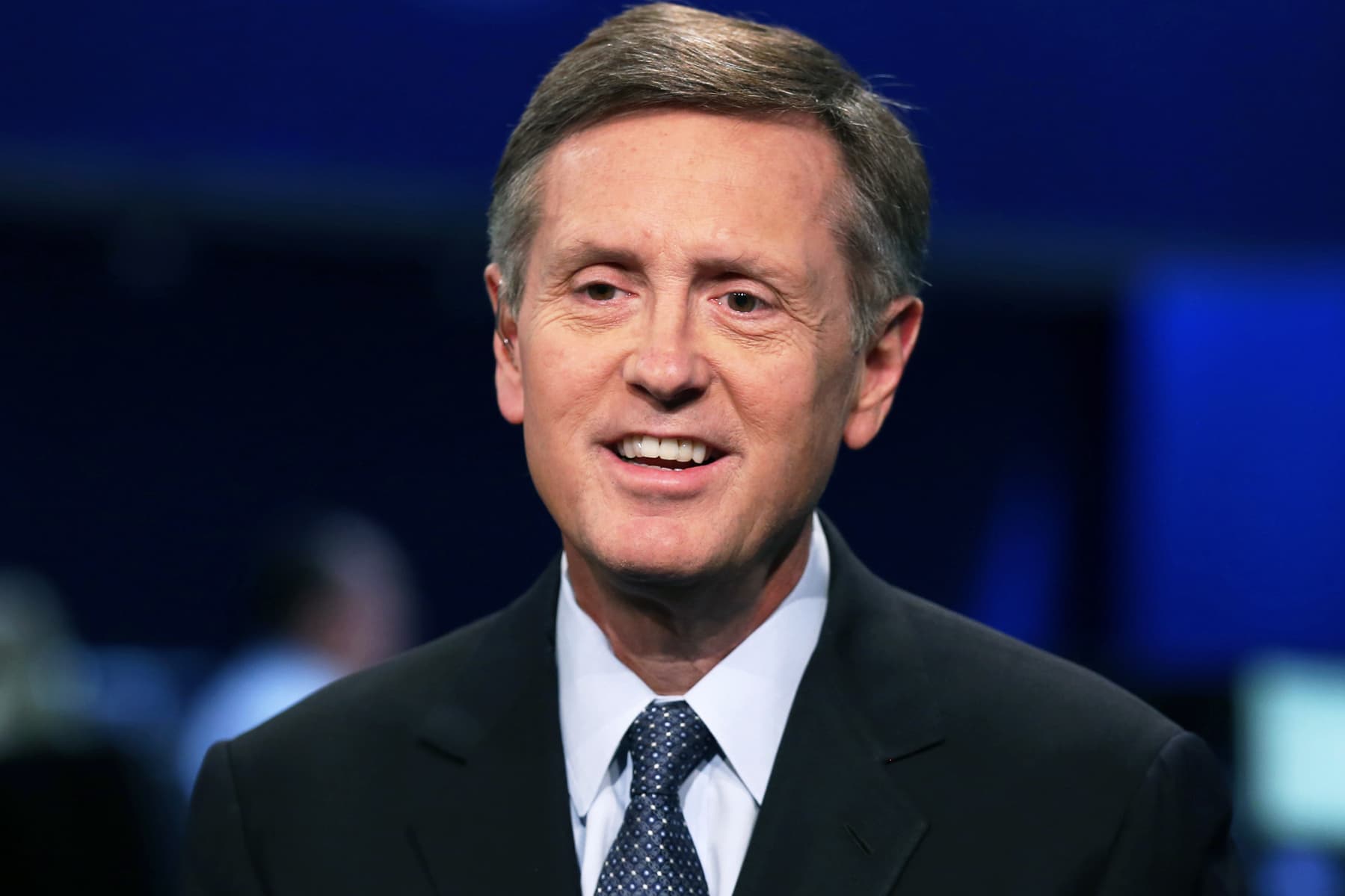Richard Clarida
Scott Mlyn | CNBC
The Federal Reserve is in "a good place" with monetary policy but remains flexible both with interest rates and its operations to tame the overnight borrowing market known as repo, Vice Chairman Richard Clarida said Thursday.
As the central bank embarks on a year during which it is not expected to move rates in either direction, Clarida said rate cuts last year helped quell worries over global weakness.
"The shift in the stance of monetary policy that we undertook in 2019 was, I believe, well-timed and has been providing support to the economy and helping to keep the U.S. outlook on track," he said in prepared remarks for a speech in New York. "I believe that monetary policy is in a good place and should continue to support sustained growth, a strong labor market, and inflation running close to our symmetric 2% objective."
The Federal Open Market Committee at its December meeting kept its benchmark overnight lending rate in a range between 1.5% to 1.75% and projected no moves in 2020, following three rate cuts in the previous year.
In addition to lowering borrowing costs, the Fed also instituted a series of market operations that followed a disturbance in the repo markets that briefly sent short-term rates soaring. The Fed has continued the operations in which it is buying Treasury bills and holding daily repo offerings into 2020, and has indicated that will be the case through the second quarter. Repo is considered the plumbing of the banking industry where institutions get the short-term money to fund their operations.
Clarida said Fed policy "is not on a preset course."
"As we enter 2020, let me emphasize that we stand ready to adjust the details of this program as appropriate and in line with our goal, which is to keep the federal funds rate in the target range desired by the FOMC," Clarida said, adding that "it may be appropriate to gradually transition away from active repo operations this year" though they "might be needed at least through April, when tax payments will sharply reduce reserve levels."
In all, operations have grown the central bank balance sheet by close to 11%.


